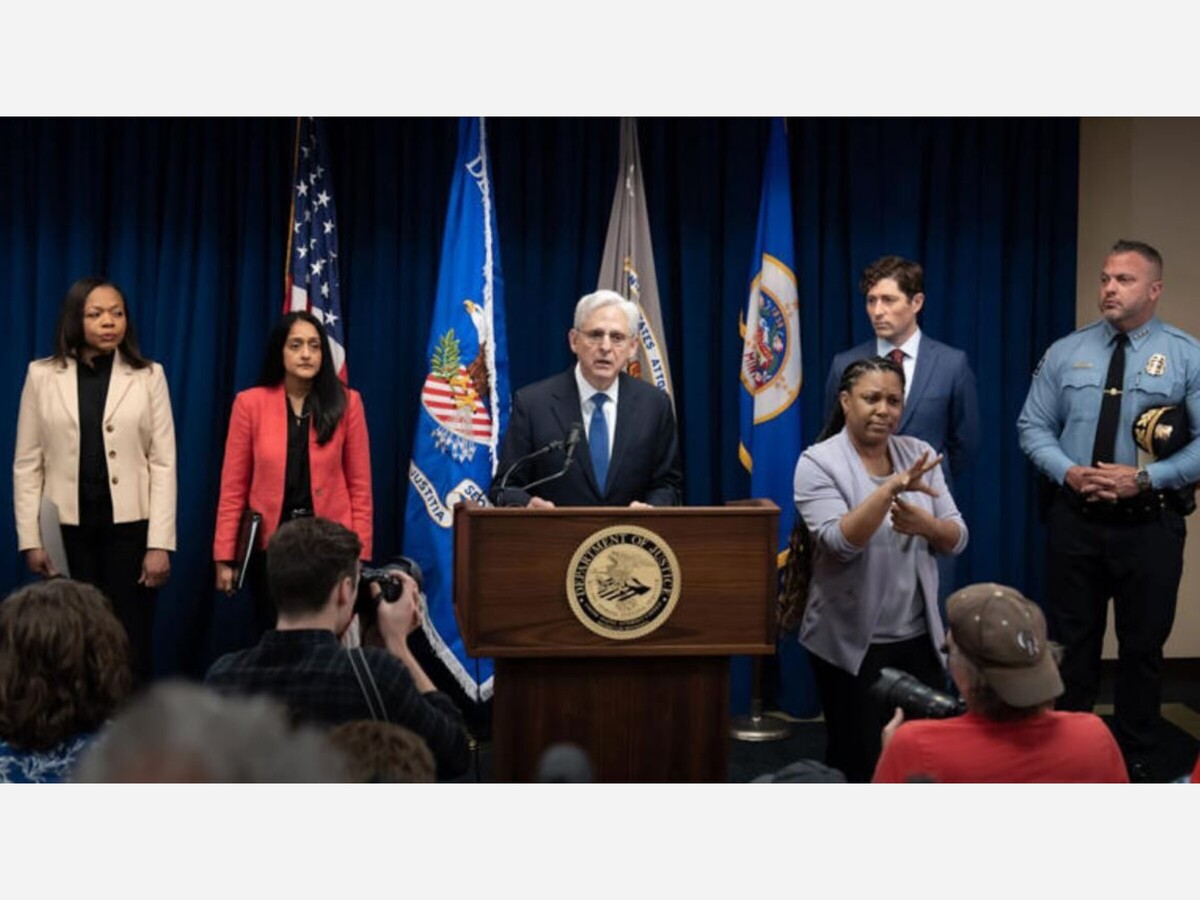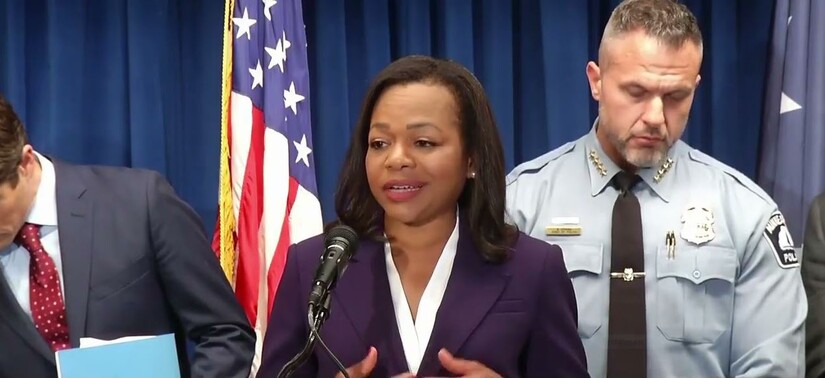Image


In a recent development that has the potential to reshape the landscape of community and law enforcement relations, the Justice Department has cemented a deal with the City of Minneapolis and its Police Department (MPD). This agreement, formally known as a consent decree, mandates a series of reforms to correct unlawful practices that graft racial discrimination and excessive force into the very fabric of Minneapolis policing. These reforms come as the result of stark findings from a thorough federal investigation which underscored the need for an overhaul to prevent future civil rights violations.
The consent decree, which awaits court approval, doesn't just offer lip service but lays out pragmatic steps towards comprehensive change. Following a grim portrait of institutional failings, this blueprint for reform zeros in on de-escalation tactics, equitable law enforcement, First Amendment rights protection, and fair responses for individuals with behavioral health disabilities, according to a Justice Department press release. It also promises to hold officers accountable through fair and efficient misconduct investigations.

"George Floyd should be alive today. This agreement is an important step toward ensuring that meaningful, durable reform is achieved in Minneapolis," Attorney General Merrick B. Garland said in an official statement, acknowledging the heavy shadow of past tragedies while looking towards a future of restored trust in civic institutions.
As per the agreement, the MPD is expected to transform its approach to law enforcement across arenas as wide-ranging as youth engagement and mental health wellness for its officers. Assistant Attorney General Kristen Clarke described the consent decree as "a new chapter for Minneapolis," and emphasized the commitment of the local police to become "a model law enforcement agency." This type of systemic overhaul, Clarke noted, is not just a local imperative but also a communal healing process, one that echoes the sentiment of Civil Chief Assistant U.S. Attorney Ana Voss, who cited the community's input as vital for the city's positive transformation.
The department began its examination of the MPD's conduct in June 2023, finding reasonable cause for concern over racially biased policing and excessive use of force. The investigation is part of a broader initiative under the Violent Crime Control and Law Enforcement Act of 1994, which has seen the Special Litigation Section of the Civil Rights Division open numerous probes across the country, enforcing agreements and working to safeguard civil liberties. The public will have an opportunity to discuss the Minneapolis consent decree at a virtual community meeting scheduled for 7:00 p.m. CT on Tuesday, Jan. 14, offering a space for discourse and education on the pact's particulars.
SOURCE: hoodline